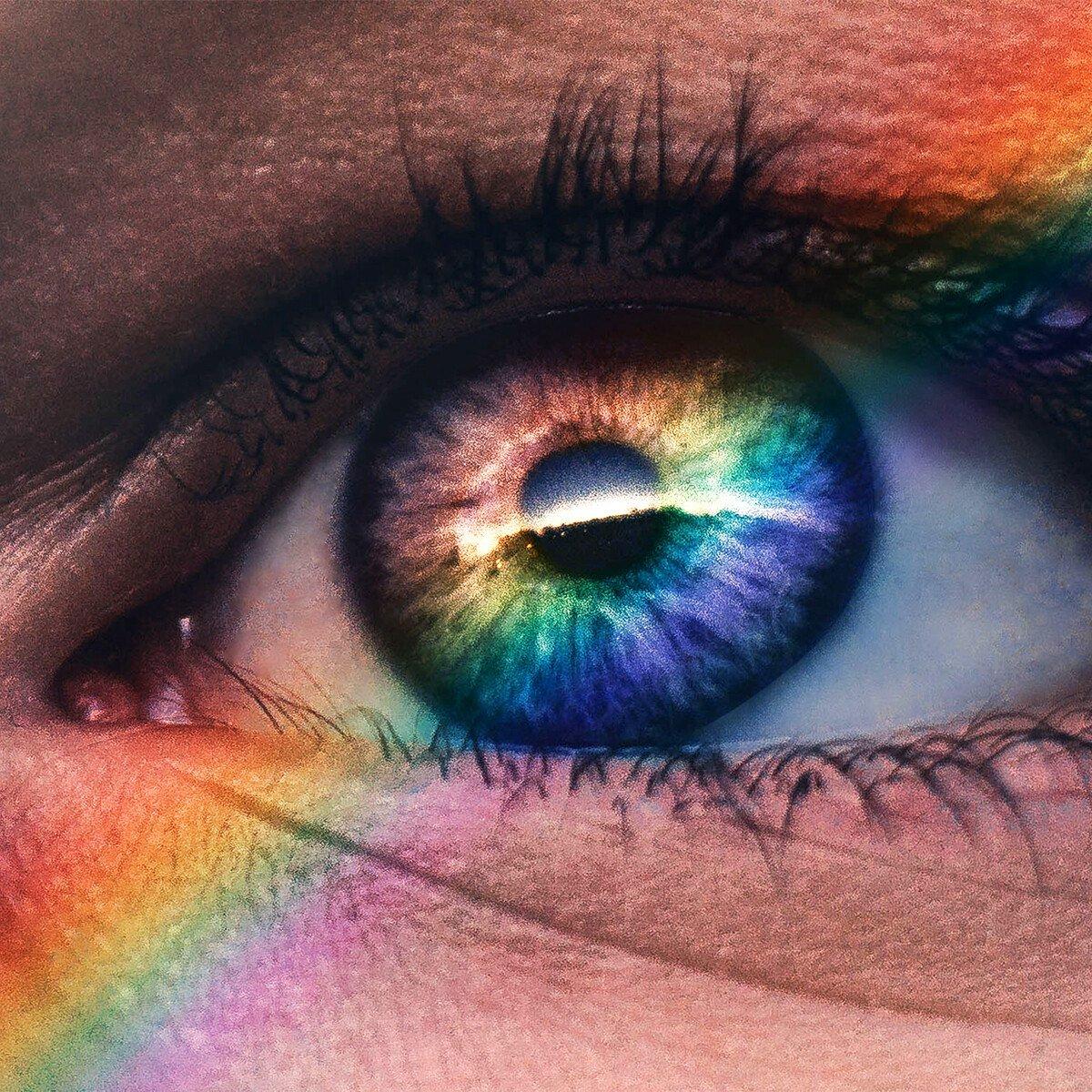4 projects reveal history of health experiences in LGBTQI+ community
To mark this year’s LGBT History Month, Charli Colegate from our Humanities and Social Science team highlights four grants that are exploring the health-related histories of LGBTQI+ people.

Sexual orientation and gender identity can have a major influence on both physical and mental health. They can affect health-related needs and behaviours but also influence how individuals and communities are treated by health professionals, health policies and institutions.
From our current portfolio of Humanities and Social Science grants, the following important projects aim to explore the health-related experiences of people in the recent past who identify as LGBTQI+.
1.
We’re funding Helen Spandler at the University of Central Lancashire to complete a scoping study on the history of the psychiatric treatment of lesbian, bisexual and non gender-conforming women.
Its focus is the UK mental health system from 1952 to1990. There is already a large body of scholarship on the experiences of gay men’s psychiatric treatment, but little on that of others in the LGBT+ community. So this research is particularly timely.
Helen says: "Last year, the Royal College of Psychiatrists finally issued what has been described as a ‘milestone apology’. The focus of the apology is very much on gay men and still very little is known about what happened to women... this is what our research is in the process of addressing."
2.
Matt Smith and a team at the University of Strathclyde are working on a scoping project for a larger study. They’re exploring sexuality and mental health in sport from 1970 to the present, trying to answer questions such as: Why have more women athletes come out than men? What role has sport played in supporting or preventing LGBT athletes from coming out? What effects has this had on their mental health?
The project brings together academics, athletes and activists. They’re exploring archives to assess their importance to the future, larger project, and they aim to construct a database of sport autobiographies that deal with sexuality.
Dan Callwood, a researcher on the project, says: "From talking to sportspeople of all ages in the US, UK and Canada, the project is uncovering the varied effects that sport has upon the mental health of LGBT people – from the explosive growth of LGBT sports organisations that can provide support and community, to the more damaging effects of the homophobia and strict gender boundaries that are still found in wider sporting culture and institutions."
3.
David Griffiths at the University of Surrey is exploring the history, treatment and care of intersex conditions in the UK.
Most research to date has largely focused on the USA post-1950, so David's project is exploring the extent to which being in a UK context structures patients' experiences of intersex care. He’s funded through our University Award scheme.
David’s latest publications explore the history of intersex surgeries in Britain and their interaction with medical and popular discourses around ‘sex change’ in the mid-20th century, and a critical examination of research into ‘gay genes’ made possible (in part) by the Human Genome Project.
4.
Richard McKay, a researcher at the University of Cambridge, is working on a project that in part explores the pre-AIDS history of venereal disease experiences of gay men, men who have sex with men and trans people. He is asking people to submit their historical experiences of sexual health and illness anonymously online.
Richard has recently published 'Patient Zero and the Making of the AIDS Epidemic', a book that grew out of his Wellcome-funded Master’s and Doctoral research. In part it explores the life of Gaetan Dugas, incorrectly identified as ‘patient zero’ of the HIV/AIDS outbreak in North America.
Related links
- Read some of Richard McKay’s work on pre-HIV venereal disease among homosexually active men in England and North America
- LGBT History Month website